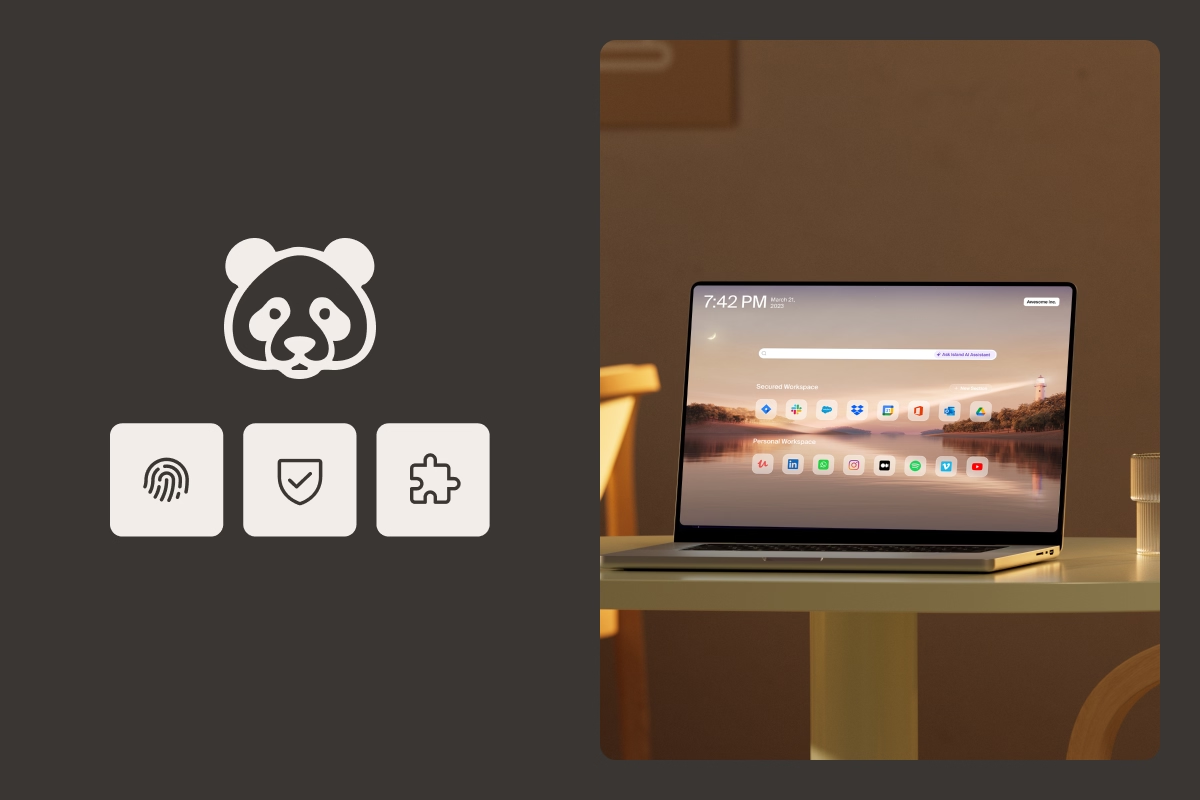Introducing ‘What We learned Wednesdays

They say you can only grow once you know that you don’t know.
When you start something entirely new, there are always a fair amount of unknowns. Lessons you only learn once you’re already out there marketing, selling, and delivering for customers.
For us, our “something new” wasn’t just a product. It was a whole new approach. A category that never existed.
Which meant what we didn’t know was a whole lot. So we spent a lot of time listening. listening.
We pitched what our product can do for organizations and then listened to what customers needed for their organization. And then we built something that (we hoped) would be transformative for them.
We showcased features, and then learned what additional features mattered to them most. Some of those became new features we added later that week, or in some cases, that day.
We listed relevant use cases, then found out there were four more we never even thought of. And optimized for those as well.
And this kept happening week after week. Call after call. Until we realized, this wasn’t just about our product. These were valuable lessons for our industry. Anyone can learn from these conversations, to understand what security teams, end users, organizations as a whole are struggling with, and how we can help.
And from that, “What we learned Wednesdays” was born. A weekly video series where our sales professionals share unique customer stories and what we learned from them. Each conversation consists of three parts:
- What we know: The specific situation or challenge our customer faced
- What we learned: The need our customer had and what it would take to solve it
- What happened next: Have we addressed the challenge, and the impact it had on the customer
To start things off, here is our first video in the series: The case of the HITRUST Certification - a set of important risk management and compliance requirements that are critical to customers in the healthcare market.
The Case of the HITRUST Certification
What we know
Eugene Kim is working with a health care customer who needed to set up a secure environment to access patient records. They considered the virtual desktop approach, but found the cost and complexity was too high. Instead, this customer chose the Island Enterprise Browser as the secure access point for all apps and resources. This solved their challenge for onboarding new employees and didn’t add any of the complexity of desktop virtualization.
What we learned
One of the requirements this customer brought to Eugene was the ability to support HITRUST certification. Working with extremely sensitive patient records is central to clinician workflows and protecting those records is critical. In practice, this means adding tight controls over how patient records can be accessed and where they are stored.
What happened next
Working with Eugene, they configured the Enterprise Browser to freeze a user session after a period of inactivity. Once the clinician re-authenticates with their secure credentials, they can pick up exactly where they left off. If a user is inactive for a longer period, the session ends and the browser clears all open tabs and browsing data. To prevent any data leakage, they also enabled several controls to prevent patient data from leaving the browser. In this way, they can treat the browser itself as the managed endpoint regardless of which device it’s running on. Island provides all the security controls they require with a much simpler deployment model.
.svg)





.svg)
.svg)
